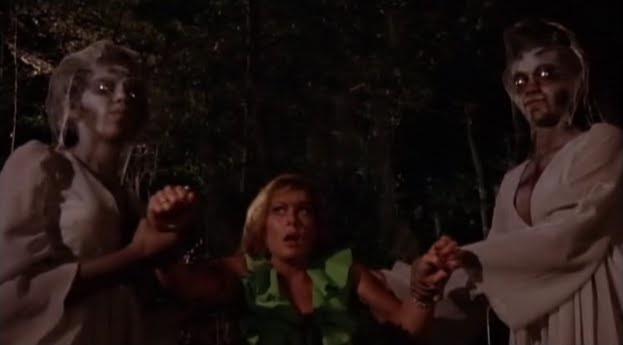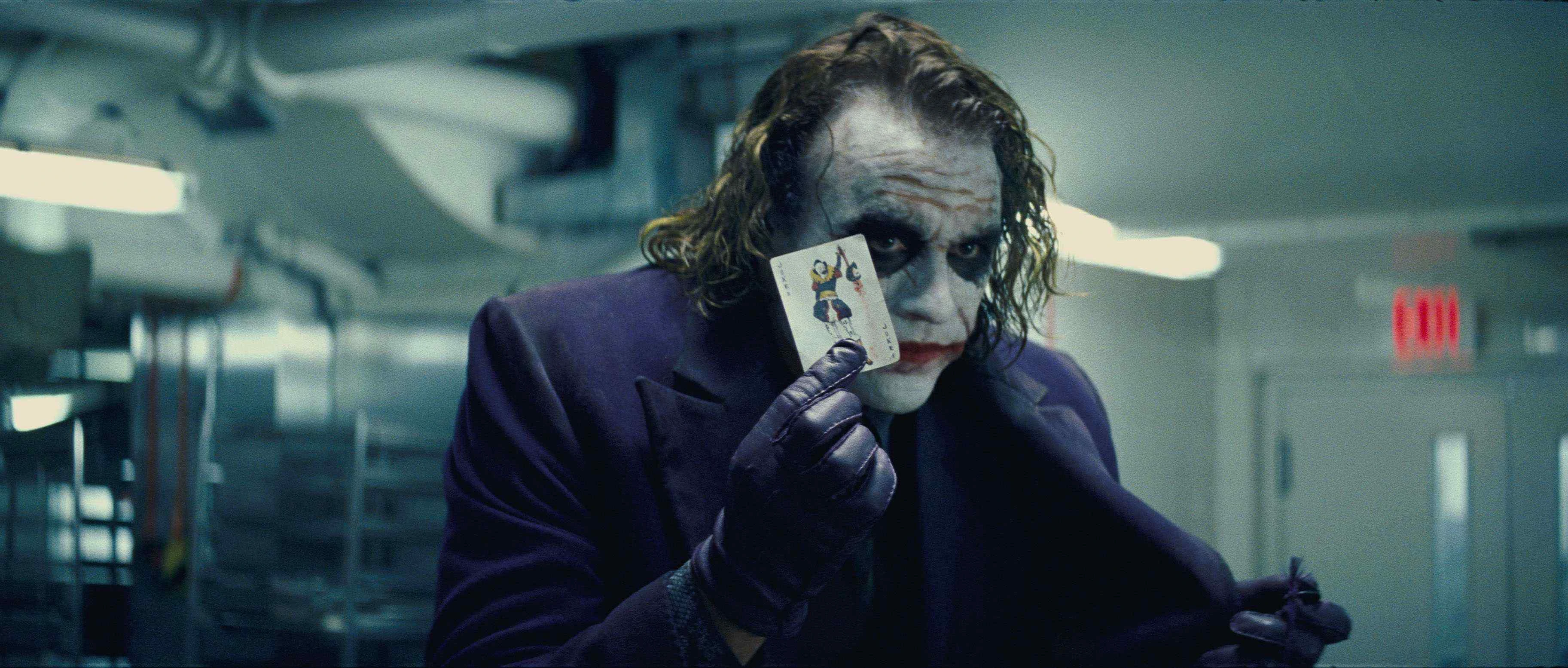#673 - The Dark Knight Rises
Christopher Nolan, 2012

Eight years after giving up his double-life as a masked vigilante, a reclusive billionaire is forced back into action when an army of dangerous fanatics threatens to destroy his hometown.
I've noted before how difficult it is to deliver the final part of an intended trilogy and
The Dark Knight Rises really isn't any different in that regard. Granted, it does have to do something very difficult in that it must follow up the extremely popular and acclaimed
The Dark Knight, which became the stuff of legend for a wide number of reasons. The most unfortunate of these reasons being the untimely passing of Heath Ledger, which does admittedly put a bit too much of a damper on the proceedings here that the film must work around. Credit must go to the makers for soldiering on and having the trilogy come full-circle by re-introducing the shadowy cult of extreme justice that Bruce Wayne (Christian Bale) had fought against in
Batman Begins. Though Ledger's creepily maniacal Joker was always going to be a tough act to follow, they certainly seem to have given it a serious shot by introducing a masked mercenary named Bane (Tom Hardy), who is introduced as part of an elaborate plane-jacking that seems explicitly designed to rival the astounding opening heist from
The Dark Knight. Despite the lapses in logic involved (how do you try to fake a plane crash that involves
blowing the wings off the plane?), it definitely stands out as the best scene in the whole film - unfortunately, this causes problems when the rest of the film fails to measure up to the standard set by this sequence.
Having it so that Bruce has gone into hiding following the events of
The Dark Knight Rises is hardly the worst start, but it never seriously pays off. The introduction of Catwoman (Anne Hathaway) is a good one that plays into the plot reasonably well as her street-smart cat-burglar proves quite the foil to Bruce's damaged sense of idealism. However, it's cancelled out by the presence of Joseph Gordon-Levitt's Officer Blake, who is also relevant to the plot but what personality he receives outside of that just feels awkwardly inserted and occasionally redundant (such as the inclusion of an orphanage in Blake's back-story, even if it is intended to draw parallels between Bruce and Blake). Gordon-Levitt is a capable actor but his character isn't interesting enough on his own and can't even make the most of being a foil to either Bruce or Commissioner Gordon (Gary Oldman). While I can understand Nolan wanting to reuse several of the actors who made the ensemble acting of
Inception a key strength of that film, even Marion Cotillard feels quite wasted in her role as an elegant philanthropist with a mysterious past. Recurring characters such as Gordon, Alfred (Michael Caine) and Lucius (Morgan Freeman) still get to play their usual roles. Caine in particular once again shoulders a lot of narrative weight here despite his screen-time being extremely limited, but his tearful confrontation with a recalcitrant Bruce is another one of the few highlights that this film features.
Making the final installment in the trilogy the most out-and-out epic is an admirable pursuit, but upping the scale is no longer enough. Repeated viewings do expose an awful lot of holes in this film, with the most obvious instance being Batman's sudden ability to use knockout darts that would certainly have proved very useful in many other instances (and it's pretty noticeable how, in a film that runs for nearly three hours, there isn't a scene dedicated to explaining away this egregious instance of narrative convenience). The film hits a lot of the action beats established in previous Nolan films to various effects, though the escalation that was promised in the second film isn't quite delivered despite Gotham City being terrorised like never before. It seems like Nolan has finally managed to provide some decent hand-to-hand fighting as Batman faces off against Bane, though the introduction of yet another Bat-vehicle for him to use to either pursue wrongdoers or evade the law (as embodied by Matthew Modine as the smarmy Javert-like police chief who wants to catch Batman at all costs) doesn't yield results that are entertaining so much as merely appreciable on a purely technical level. Even then, the considerable length of the film paces things too far apart for anything to truly take hold even with its admittedly impressive behind-the-scenes work.
The Dark Knight Rises still has enough quality to it so as to prevent it from being a truly awful movie, but it's still an extremely difficult film to genuinely like. There are definitely elements that I can appreciate about it, whether it's the memorable villain or the attention provided to making the action set-pieces look as slickly proficient as possible. Unfortunately, what does make
The Dark Knight Rises fall apart for me is the extremely loose ways in which it tries to justify various scenes that constantly break my suspension of disbelief, to say nothing of the varying levels of interpersonal drama that range from conflict between an embittered man and his surrogate father or the somewhat convoluted love triangle that develops at one point (because introducing a love triangle worked so well in
Spider-Man 3). Say what you will about
Batman and Robin, at least it wrung an engaging sub-plot out of Alfred potentially dying from a supposedly incurable illness; the relationship between Bruce and Alfred is a potent one and it's disappointing how this film doesn't quite provide the best conclusion to the connection built between Bale and Caine's versions of the characters. While it is arguably the best existing example of a superhero-based "threequel", it still doesn't manage to escape the same expectations that sunk previous threequels. To this end, it must rely on the solid technical capabilities of its crew and the talent of its performers to carry what is ultimately a very underwhelming and overly contrived script. As such, it's not so much a bad film so much as a disappointing one, and it is here that the Dark Knight does not so much rise as fall.









 Anyway I love Invasion of the Body Snatchers, that's a real favourite of mine. I think Kaufman does a fantastic job of creating this creepy, tense atmosphere. I love some of the weird, unsettling touches he includes such as Robert Duvall's priest or background images like someone running for their life or glaring at our protagonists through a glass door.
Anyway I love Invasion of the Body Snatchers, that's a real favourite of mine. I think Kaufman does a fantastic job of creating this creepy, tense atmosphere. I love some of the weird, unsettling touches he includes such as Robert Duvall's priest or background images like someone running for their life or glaring at our protagonists through a glass door.


